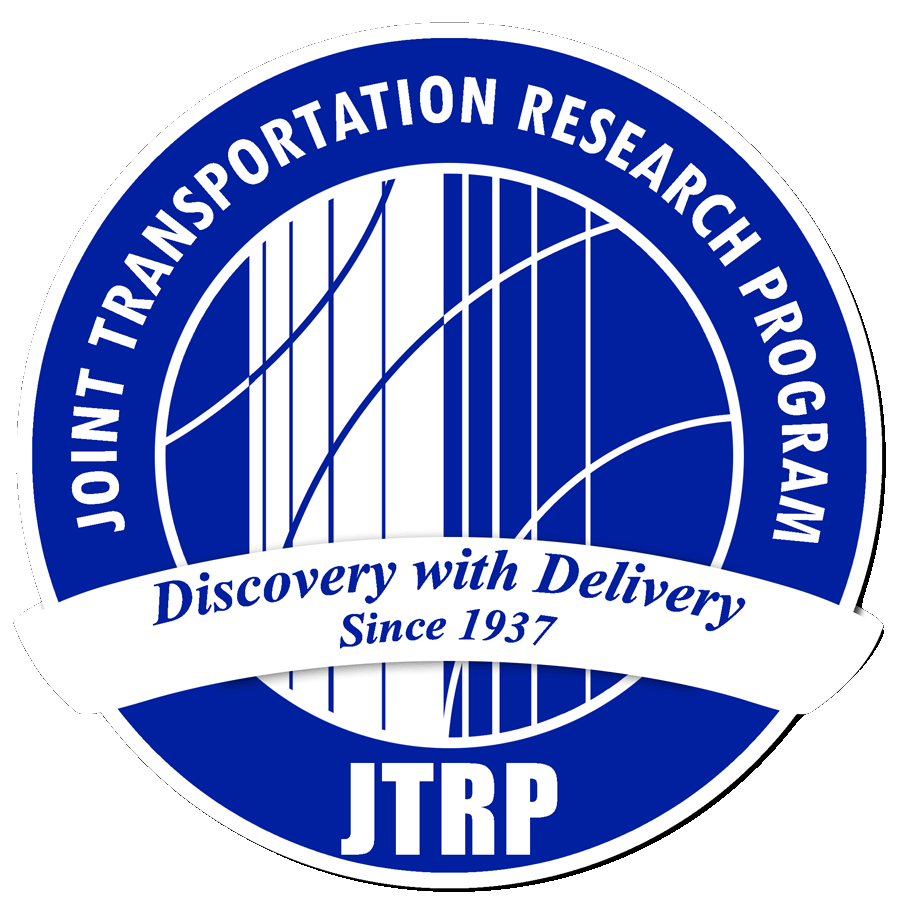Abstract
Obtaining timely information across the state roadway network is important for monitoring the condition of the roads and operating characteristics of traffic. One of the most significant challenges in winter roadway maintenance is identifying emerging or deteriorating conditions before significant crashes occur. For instance, almost all modern vehicles have accelerometers, anti-lock brake (ABS) and traction control systems. This data can be read from the Controller Area Network (CAN) of the vehicle, and combined with GPS coordinates and cellular connectivity, can provide valuable on-the-ground sampling of vehicle dynamics at the onset of a storm. We are rapidly entering an era where this vehicle data can provide an agency with opportunities to more effectively manage their systems than traditional procedures that rely on fixed infrastructure sensors and telephone reports. This data could also reduce the density of roadway weather information systems (RWIS), similar to how probe vehicle data has reduced the need for micro loop or side fire sensors for collecting traffic speeds.
Keywords
controller area network, CAN bus, on-board diagnostics, enhanced probe data, winter roadway condition monitoring, inclement weather conditions, wheel slip, traction control, anti-lock brake (ABS) systems
Report Number
FHWA/IN/JTRP-2020/20
SPR Number
4323
Sponsoring Organization
Indiana Department of Transportation
Performing Organization
Joint Transportation Research Program
Publisher Place
West Lafayette, IN
Date of Version
2020
DOI
10.5703/1288284317212
Recommended Citation
Li, H., Saldivar-Carranza, E., Mathew, J. K., Kim, W., Desai, J., Wells, T., & Bullock, D. M. (2020). Extraction of vehicle CAN bus data for roadway condition monitoring (Joint Transportation Research Program Publication No. FHWA/IN/JTRP-2020/20). West Lafayette, IN: Purdue University. https://doi.org/10.5703/1288284317212


